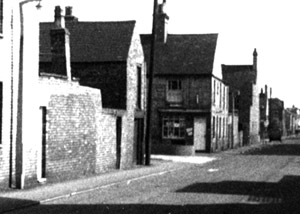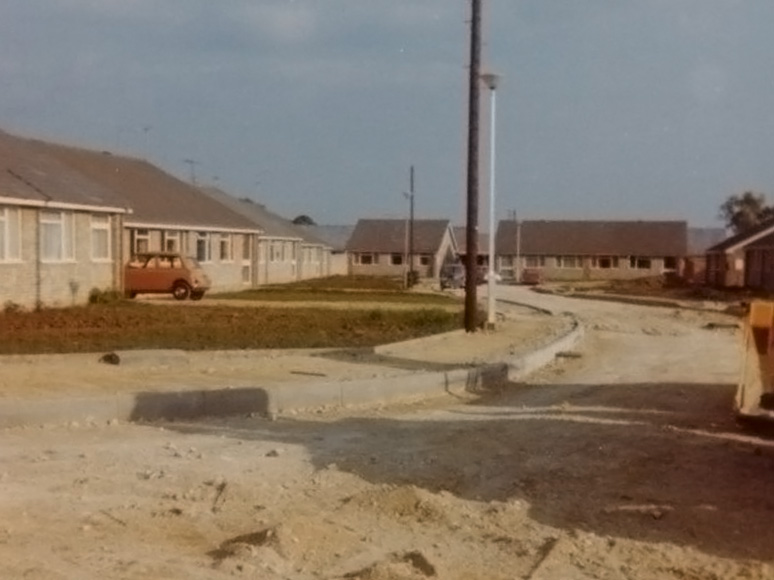
Welcome. Firstly I want to say thank you for visiting, keeping this site up to date takes time and dedication. I work for the NHS during the week but I’ve also worked in the private sector. I also do voluntary work over the weekend.
I spent much of my early life growing up on the Laurel Farm estate and going to Eye C of E Primary School before moving onto Arthur Mellows Village College in the nearby village of Glinton. My grandparents had a shop on the corner of Clarence Road and Searjeant Street.
After reading a book about the village, Eye Life by the vicar at the time Philip J Randall, I was inspired. In the first paragraph, the reverend reports that a correspondent wrote, “You seem to have alighted on a village which has singularly little history” and until I’d read the book I probably would have agreed. This led me on a mission of discovery. From Heckington Windmill in Lincolnshire to the North Norfolk Railway to following the line of the old railway to Sutton Bridge I’ve spent many hours doing research and working on the site to make that heritage available to all, and there’s still lots more to discover. Research is all the more challenging because Eye only became part of Cambridgeshire in 1972, previously having been part of Northamptonshire.
With the recent growth in the village, I thought it was important to make the heritage more easily accessible. Having it locked away in a draw is really no good to anyone. Nearby Thorney has its own museum and society dedicated to its heritage, even close by Dogsthorpe has its own heritage website but since Eye History society was dissolved in 2009 Eye was seemingly lacking. More people than ever are using the internet either through a desktop computer or mobile device so it’s a great way to communicate. I hope you enjoy browsing the site and especially learning about the village’s history.

In 2016 under Conservative Prime Minister David Cameron the country voted whether to stay in the European Union. In the Eye, Thorney and Newborough Ward 39.1% voted to stay and 60.9% voted to leave. Having balanced up the benefits and disadvantages of each choice I personally voted to remain although it was a close decision. My concern was the risk of high inflation and shortages after we left. I do though respect the decision made by the UK, whether we made the right decision will become evident in the medium to long term. One of the reasons Peterborough voted to leave is the relatively high number of EU workers who had moved to the city in the past 15 years, add the lack of investment by the government to deal with the influx and you’ve got all the conditions for a leave vote. Peterborough wasn’t alone though, Boston to the north and Wisbech to the east both have similar issues and both also voted to leave.
